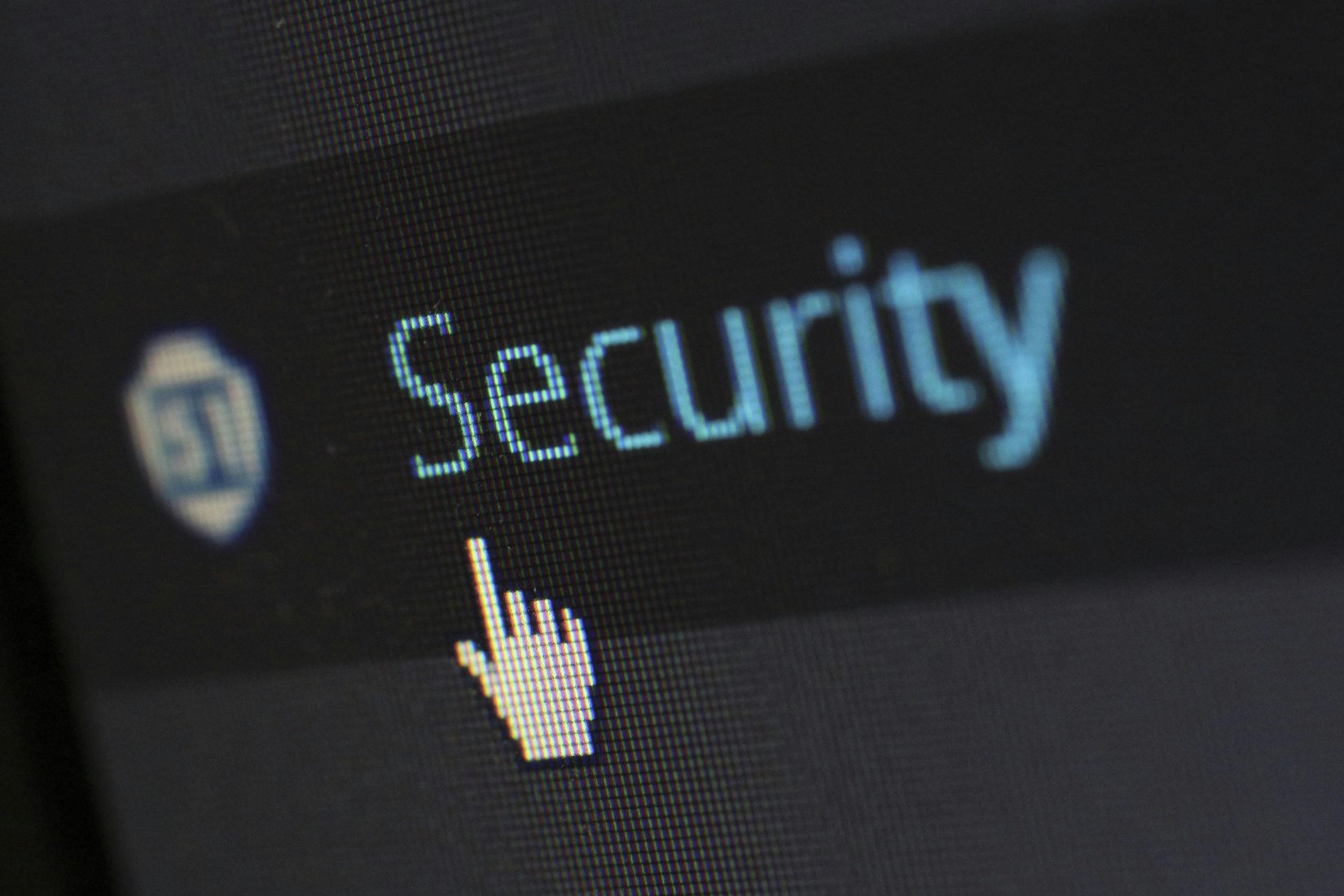In the world of digital marketing, cybersecurity is something that doesn’t get nearly enough attention. However, if you want to find success (and avoid catastrophes), it must become a bigger priority.
Marketers must prioritize online security by using strong passwords, enabling two-factor authentication, and staying vigilant against phishing threats. Investing in Cybersecurity Services can help protect sensitive customer data and maintain brand trust.

Get Clear on the ‘What’ and ‘Why’
If cybersecurity is going to become a focal point of your marketing efforts, you have to understand what it is and why it matters.
According to Cetaris, “Cybersecurity refers to any efforts or action to secure and protect critical information by preventing, detecting, and responding to cyber attacks. Cyber attacks usually aim to access, change, or destroy sensitive information; extort money from users; or interrupt normal business processes.”
As a marketer, cybersecurity matters for several reasons. For starters, your team is usually responsible for “touching” many different aspects of business projects. If you aren’t secure in your approach, it can leave these different components exposed and vulnerable. The more you know about cybersecurity, the better you can do your job.
Implement Strong Password Policies
The first step in securing your digital marketing tools is to implement strong password policies. Ensure that all accounts related to your marketing efforts – be it social media, email marketing platforms, or customer relationship management (CRM) systems – use complex passwords.
What makes a strong password? It typically includes a mix of upper and lower case letters, numbers, and special characters. Avoid using easily guessable passwords such as “123456” or “password.” And make sure you change passwords regularly and never reuse the same password across multiple sites or platforms.
Strong passwords should include at least 10 characters, including a combination of uppercase and lowercase letters, numbers, and symbols. It’s also wise to avoid using real words and instead opt for random strings of characters. If helpful, create a sentence in your mind and take the first letter of each word. For example, The quick brown fox jumps over the lazy dog! becomes Tqbfjotld!.
Utilize Two-Factor Authentication (2FA)
Two-factor authentication adds an extra layer of security by requiring a second form of verification in addition to your password. This could be a code sent to your phone, a fingerprint, or even facial recognition. Enabling 2FA on all your marketing accounts can significantly reduce the risk of unauthorized access, even if someone manages to crack your password.
Most major platforms like Google, Facebook, and Twitter offer 2FA options, so take advantage of these features to protect your accounts. Authenticator apps are also commonplace. This allows you to access short-term codes that expire within 30 seconds or less for each individual account you have linked to the app.
Keep Software and Platforms Up-to-Date
Cybercriminals often exploit vulnerabilities in outdated software to gain unauthorized access to systems. To prevent this, ensure that all software you use for marketing purposes is regularly updated. This includes your CRM software, email marketing tools, and any plugins or extensions you use on your website. Software updates often include patches for security vulnerabilities, so by keeping your software up-to-date, you reduce the risk of becoming a cyber attack victim.
Educate Yourself on Phishing Scams
Phishing scams are a common tactic used by cybercriminals to steal user data, including login credentials and financial information. These scams often involve fake emails or websites that mimic legitimate ones, tricking users into entering their personal information.
As a marketer, you must be able to recognize the signs of phishing attempts. Be wary of emails or messages that request sensitive information, have misspellings or grammatical errors, or come from suspicious or unknown senders. Always verify the authenticity of a request before clicking on links or downloading attachments.
Secure Your Network
If you work remotely or manage a team that does, securing your network is crucial. Use a virtual private network (VPN) to encrypt your internet connection, making it harder for cybercriminals to intercept the data you send and receive, especially if you are using public Wi-Fi. Additionally, ensure that your home or office Wi-Fi is secured with a strong password and WPA2 or WPA3 encryption.

Emphasize Cybersecurity as a Best Practice
You’re not a cybersecurity professional – but you do need to understand the basics so you can keep your business and/or clients safe when heading up marketing projects. You owe it yourself and to all of the stakeholders around you to be mindful of the approach you’re taking!

